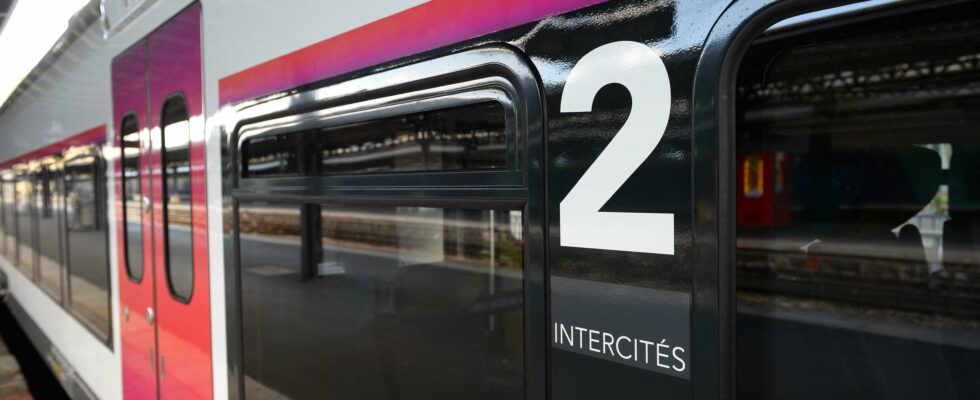If there is one notion that has completely disappeared from the debate on France’s economic policy, it is that of competition. This absence reflects both an impoverishment of economic thinking, dominated by fiscal questions, and the anti-liberal passion which ignites these legislative elections where the proposals of each party consisted of piling on ever more public spending, as if the France did not have enough.
This is a shame because competition is a tool of economic policy but also of justice: opening up a sector and letting new companies enter increases social opportunities. Historical examples abound, showing that competition has allowed different sectors to develop – it is good for employment – while lowering prices and increasing quality – it is good for the consumer. Telecommunications and air transport are examples of this.
More recently, the American space sector has undergone a revolution since NASA decided to no longer be a rocket manufacturer, but a contracting authority putting manufacturers and launchers in competition. This strategy of increasing public orders and stimulating private players has given rise to an ecosystem, known as “newspace”, whose innovations, such as low-cost minisatellites, have multiplied. SpaceX is the most striking example.
Possible in law, blocked in fact
In France, the railway sector should attract the attention of liberals who want to organize competition to increase the level of economic and social well-being. Because this competition from the train, possible in law, seems blocked in reality. In the rare cases where it is effective, however, this competition works well. Thus, the Italian historical operator is present on the Paris-Lyon-Milan line, which has made it possible to contain prices, while ensuring high occupancy rates for the company. It was by anticipating this competition that the SNCF developed the low-cost Ouigo offer. As we have already observed in Germany and Italy, competition does not necessarily sanction the old monopoly, if it knows how to adapt its prices and services.
Overall, rail competition is developing incredibly slowly in our country, often because new entrants are unable to convince people of their business model and raise sufficient capital. Rail is a sector with very high fixed costs. A used TGV is sold for over 30 million euros. The second-hand market for trains is not very developed, unlike that of airliners where brokers ensure its liquidity and where leasing formulas are common. In addition, the tolls per kilometer, collected by SNCF Réseau, are very high, which increases the profitability threshold of small challengers.
Competition, ally of the most modest
Two companies have recently experienced this. The first, Midnight Trains, displayed, as its name indicates, the ambition to offer a range of high-end night trains with hotel services – private rooms, catering -, from Paris and to major cities European. The start-up failed to raise enough funds. The second, the Railcoop cooperative, was to connect Bordeaux and Lyon, but it was placed in receivership.
All hope of competition is not lost for French travelers. The Le Train company, which wants to invest in the rails of the Great West, continues to increase its equity. This is also the case for Kevin Speed, who wants to launch a low-cost offer in 2028, from Paris to Lille, Strasbourg and Lyon.
At a time when our political leaders are responding to the purchasing power problems of our fellow citizens by multiplying aid, promises of redistribution or unfunded tax cuts, it would be good to remember that competition is the ally of the most modest. It is competition that places the economy on the spur of innovation, which is favorable to wage growth. And it is also competition that contains prices, which improves purchasing power. So many virtues that it is never useless to recall.
Nicolas Bouzou, economist and essayist, is director of the consulting firm Astères
.
